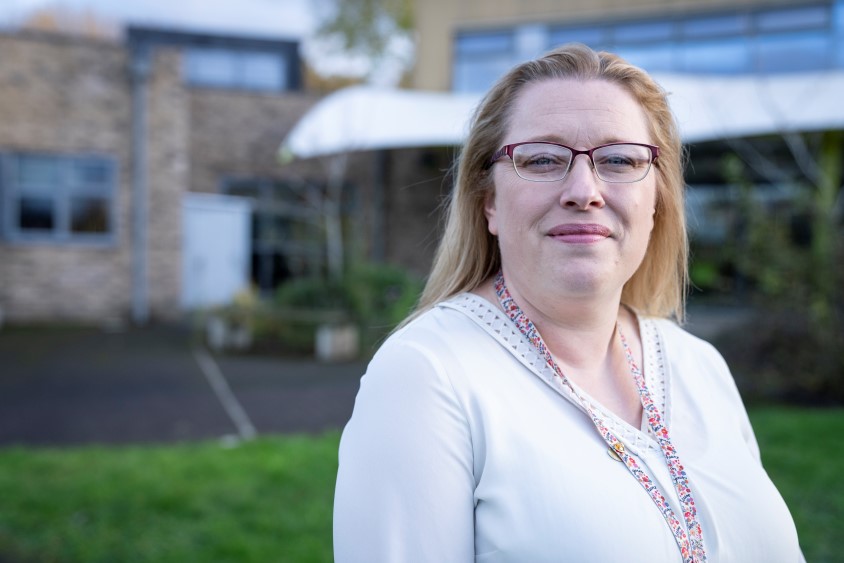I was in a meeting with colleagues and I could hear a commotion outside the room but that’s not unusual in a special school. Then a member of staff came and got me and I saw a colleague of mine having what appeared to be some kind of a seizure.
She was standing up, holding onto the door handle and unable to speak. She was shaking and being supported by two colleagues who were panicking.
Due to the nature of the seizure, we had to wait until we were able to help her down onto the floor. She was completely unresponsive and remained unconscious for about 20 minutes, which was really frightening for all of us.
I had to try and remember what I’d been trained to do. It’s funny because if you’d asked me before if I’d have known what to do, I would have wanted to check the first aid book first. But when you’ve had that training it sits in your unconscious and all of a sudden it was like I was on autopilot.
I remembered to check for any danger around her, moved some things out of the way and put her in the recovery position. Then I checked her and, even though her breathing was fine, I realised her airways needed clearing because she’d been foaming at the mouth. That’s something that I never thought I’d have to do in real life.
It becomes very real but the training comes back to you and you can hear the voice of the trainer in your head.
The ambulance took 45 minutes to get to us and the crew were really complimentary about our actions. I was just so pleased that I had the background knowledge in order to do what was needed to keep her safe.
Afterwards, I was just focused on reassuring everyone else, the students, members of staff, my colleague’s family. I didn’t have time to worry about myself but two days later I was really unwell. I felt quite sick, I had headaches and was struggling to sleep. It took a while to realise that it could have been really serious.
I think that's really important that we recognise that people who've been involved in a crisis have the opportunity to just decompress and take a break.
When I put myself forwards to do the first aid training, I think I never really considered that it might be something I actually had to do. I thought I'd have to stick a plaster on someone but not the big things like dealing with someone who’s unconscious.
Those feelings of what could have been hit you a few days later and that’s when you think, thank goodness for the St John Ambulance training I received, which was phenomenally brilliant!




